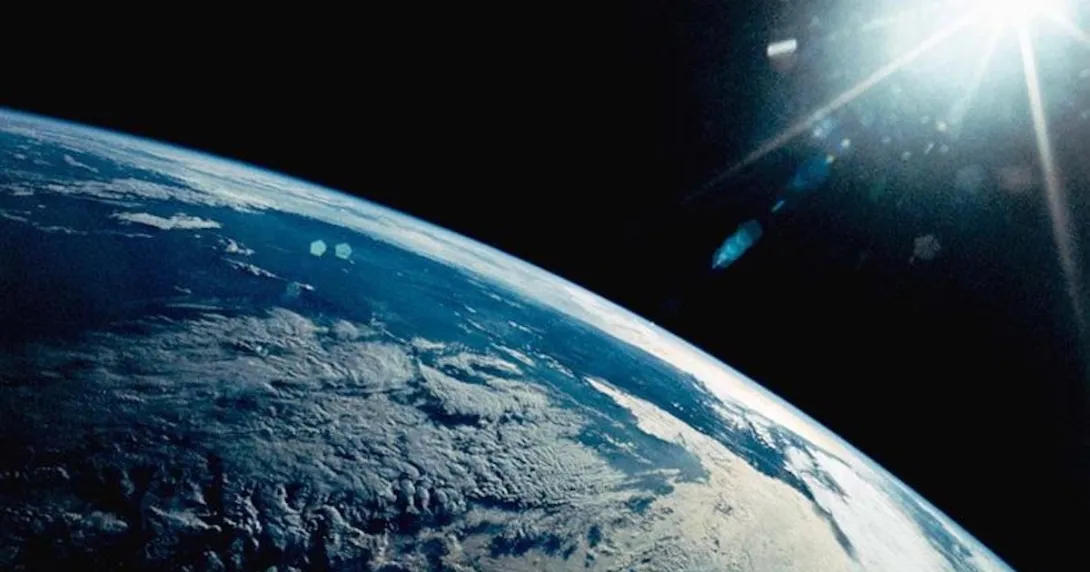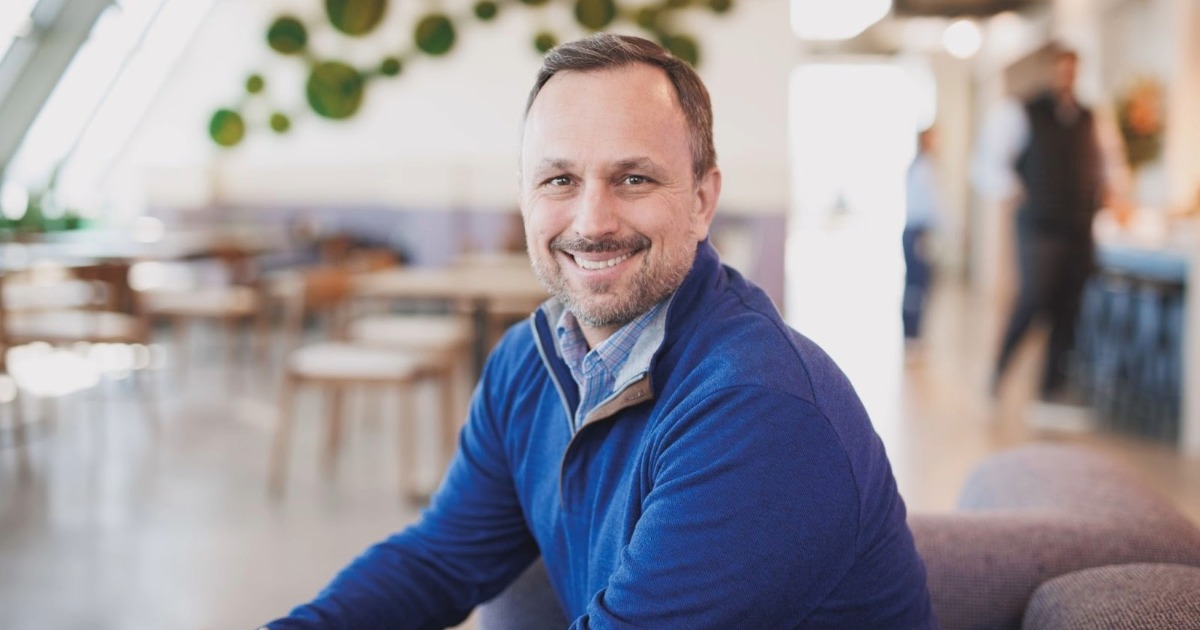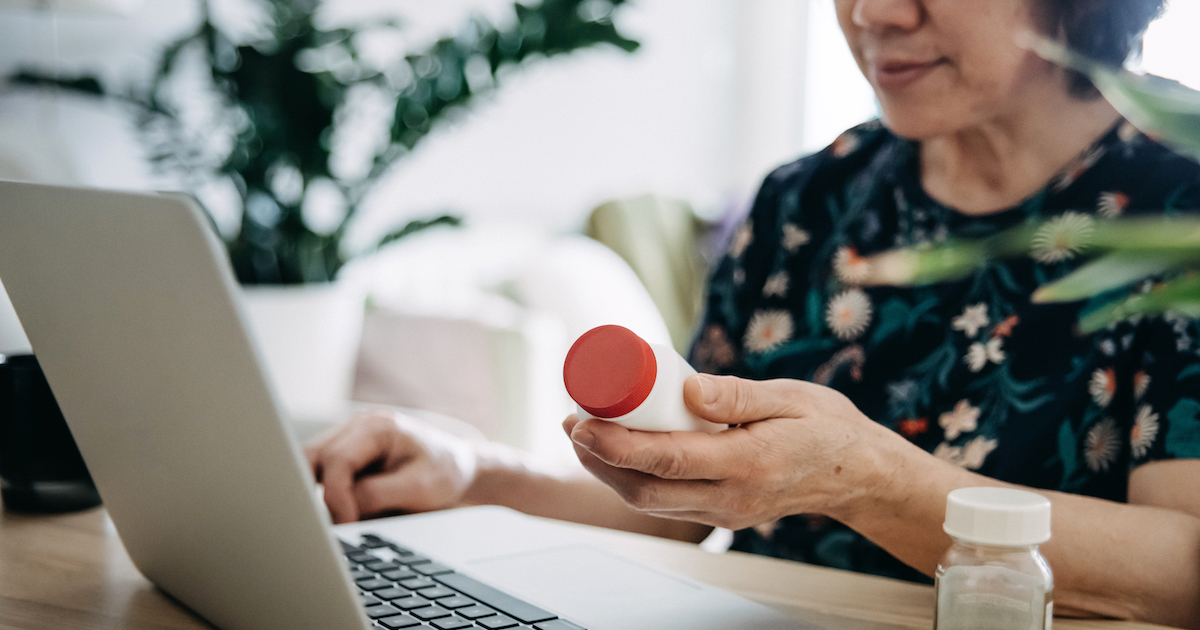
Verda Space Industries, a life sciences company working in microgravity, announced a $187 million Series C funding round, bringing its total capital raise to $329 million.
Natural Capital and Shrug Capital led the round, with participation from Founders Fund, Peter Thiel, Khosla Ventures, Caffeinated Capital, Lux Capital and Also Capital.
WHAT IT DOES
Verda Space Industries is a company that works in microgravity through its orbital laboratories. It manufactures materials in space, including active pharmaceutical ingredients.
According to the company, processing materials in the weightlessness of space provides an environment that is hard to duplicate on Earth.
Additionally, gravity affects chemical processes, including the production of medicines.
For example, in microgravity, medicines do not crystallize the same as they do on Earth, creating novel drug formulations. Microgravity suppresses convective currents, buoyancy and sedimentation, resulting in more uniform crystals in terms of size and structure.
Varda's microgravity platform provides a path to formulating small molecules and biologics to improve self-life and bioavailability.
The company will use the funds to enlarge its flight cadence and expand its pharmaceutical lab.
"Our new lab space is an investment in our belief that in-space pharmaceutical manufacturing will drive the foundation of the orbital economy," Adrian Radocea, chief science officer at Varda.
"By expanding, we can support work on more complex molecules and ultimately increase cadence to achieve the turnaround times the pharmaceutical industry expects."
MARKET SNAPSHOT
In June, Varda Space Industries launched its fourth mission, W-4 mission. W-4 mission was the maiden flight for Varda's next-generation spacecraft, designed and built at Varda's El Segundo, California, headquarters and manufacturing facility.
In May, Varda successfully re-entered the W-3 capsule. W-3 was Varda's third successful mission, coming 11 weeks after its previous one.
Medical research was also conducted in January on the International Space Station (ISS) for early cancer detection, advanced treatments for neurodegenerative conditions and improved respiratory therapies. ISS on SpaceX’s 31st Commercial Resupply Services was on a mission for NASA.
SpaceX is also performing work in space health. The company's Dragon spacecraft contained close to 50 biotechnology, physical science and student research payloads sponsored by the ISS National Laboratory.
Researchers leveraged the unique environment of the space station to investigate potential therapies that could benefit patients on Earth.
Bristol Myers Squibb, together with the ISS National Lab Commercial Service Provider Redwire Space, built on its history of protein crystallization on the space station with a project looking to crystallize model small molecule compounds to support the manufacturing of more effective therapeutics.
In 2024, the U.S. National Science Foundation (NSF) issued a solicitation seeking projects that utilize the ISS National Laboratory to advance tissue engineering and mechanobiology research, marking the eighth consecutive year that the NSF has funded similar research.
NSF provided as much as $1.6 million in funding for numerous projects through the solicitation.


